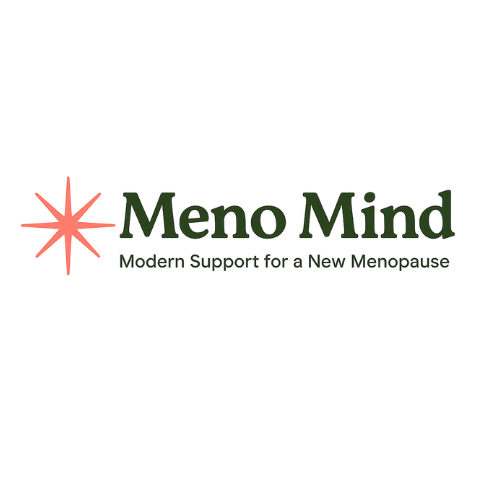Nourishment & Body Compassion
Perimenopause is a time of immense physiological transformation. As hormones shift, many of us find ourselves renegotiating our relationship with food, our bodies, and our sense of vitality. You deserve more than outdated advice wrapped in shame and restriction—you deserve a full paradigm shift in how you nourish yourself, one rooted in science and anchored in self-compassion.
The Metabolic Puzzle of Midlife
During perimenopause, estrogen and progesterone begin to fluctuate and decline. These shifts in hormones cause ripples across our entire metabolic system. You may start to notice weight gain, especially around the midsection, or a sense that your "usual" eating habits no longer yield the same results. This isn't a shortcoming—it's biology. Muscle mass tends to decrease, metabolic rate slows, and insulin sensitivity can decline, all of which can influence how our bodies store and utilize energy.
It's important to recognize that not all weight gain is inherently negative. In fact, some changes in body composition may serve a protective function as we age, supporting hormonal balance, bone health, and resilience. Focusing solely on weight can obscure more meaningful markers of wellbeing, such as energy levels, emotional balance, and metabolic stability. Focusing solely on weight loss, especially through restriction alone, can actually cause metabolic harm.
Blood Sugar, Cortisol, and the Stress Connection
Our blood sugar and stress hormones—especially cortisol—are deeply intertwined. During perimenopause, stress resilience can waver, and chronic stress or poor sleep can amplify blood sugar dysregulation. This can create a loop where stress drives cravings for quick energy (hello, sugar and refined carbs), which then destabilizes blood sugar, leading to further mood swings, fatigue, and cravings. Understanding this cycle helps us approach eating with strategy and self-awareness rather than shame.
Balanced Eating: A Foundation for Resilience
Balanced eating in perimenopause isn't about restriction—it's about consistency, variety, and awareness. Aim for meals that combine:
Complex carbohydrates (like whole grains, starchy vegetables, legumes) to provide lasting energy and support serotonin levels.
Healthy fats (like avocado, olive oil, nuts, seeds) to help absorb fat-soluble vitamins and support brain health.
High-quality protein (like eggs, fish, tofu, chicken, lentils) to stabilize blood sugar and support muscle maintenance.
Colorful produce for fiber, antioxidants, and phytonutrients that support hormonal detoxification and gut health.
Eating regularly—every 3–5 hours—can prevent energy crashes and help modulate stress and hunger hormones. Remember, balance means flexibility: sometimes the most balanced meal is the one that brings you ease.
Meeting Ourselves with Compassion
This life stage can bring old disordered eating patterns back to the surface or introduce new ones, as the pressure to fight aging increases. Witnessing our bodies age can feel emotionally tender. Practicing mindful self-compassion invites us to notice these experiences with curiosity rather than judgment. It's okay to grieve body changes, and it's also okay to step away from societal expectations that no longer serve our wellbeing. Body compassion means showing up with kindness, even when self-love feels out of reach. You are not failing—you are meeting yourself with grace in the midst of change. There can be incredible freedom through this process.
Nutrition Strategies
At MenoMind, we prioritize nourishment over control. This includes:
Regular, balanced meals to stabilize blood sugar and reduce cortisol spikes
Neutral language around food (e.g., "satisfying" rather than "clean")
Supportive community or therapeutic spaces to unpack body beliefs
Practices for Food and Body ConnectionHunger/Fullness Awareness: Notice physical cues before, during, and after eating. Are you eating from true hunger, emotional need, or habit?
Intuitive Eating Check-Ins: What does my body need right now? What does my mind need? What would feel kind?
This journey is not about discipline; it’s about deepening your dialogue with your body. Let nourishment become an act of reverence—for your biology, your emotions, and your evolving self. You deserve care that evolves with you.
Ready to take the next step? Enroll in our transformative 6-week course designed to help you realign with your body and thrive through perimenopause. Learn more and sign up here.
